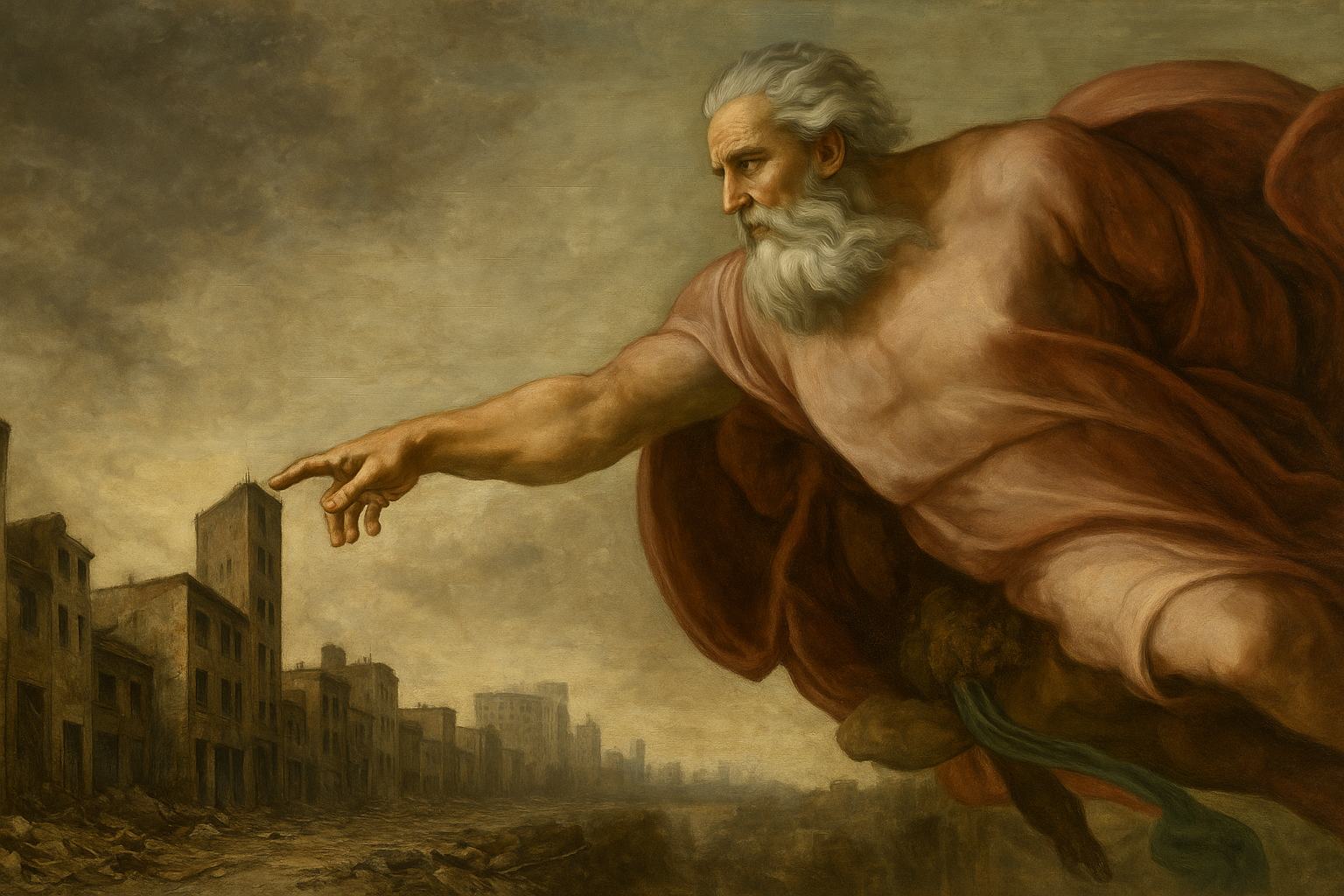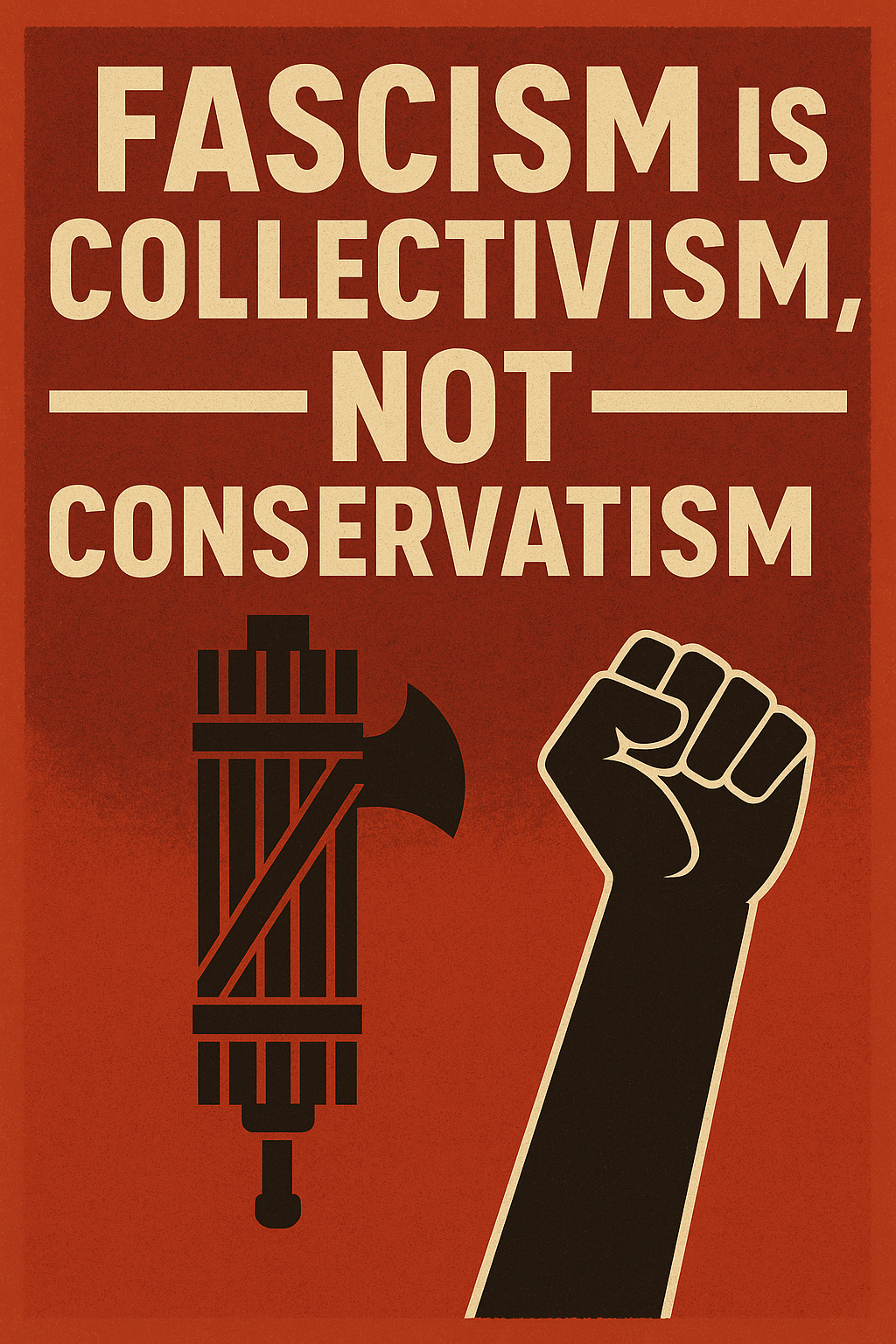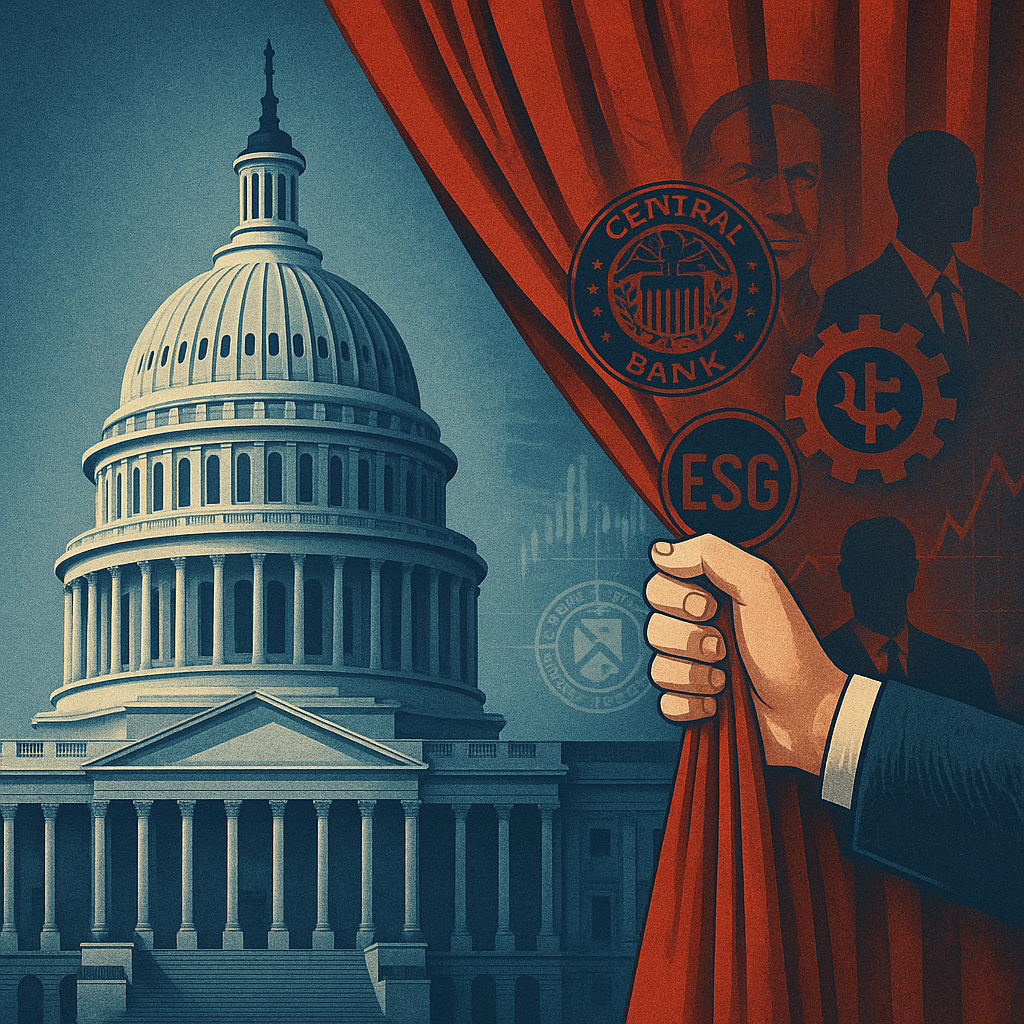 Thomas Malthus was the first economist to make a living doing economics. People studied economics before Malthus, but always part time, essentially as a hobby. Malthus made it his career, writing his seminal book in 1789 (expanded greatly in the second edition, in 1803), titled An Essay on the Principle of Population.
Thomas Malthus was the first economist to make a living doing economics. People studied economics before Malthus, but always part time, essentially as a hobby. Malthus made it his career, writing his seminal book in 1789 (expanded greatly in the second edition, in 1803), titled An Essay on the Principle of Population.
Malthus’ observation was that, throughout human history, populations always grew faster than food supplies, leaving 90% of mankind in a perpetual state of slow starvation, never more than one bad harvest away from death. Even in England, which was the richest nation of Malthus’ day, virtually all of the gains from the Renaissance had gone to the nobility, or to those whose services the nobility needed badly enough to pay for it. The vast majority of the European public were feudal serfs, considered the property of the feudal Lord upon whose lands they lived. Technically, serfdom had ended (gradually) in England during the 15th and 16th centuries, but it was still the law in France until 1789, in some of the German kingdoms until 1832, in Austria until 1848, and in parts of Eastern Europe (Bosnia and Serbia) until the end of World War I. This was the world Thomas Malthus was writing about, and Malthus’ observations were, from an historic perspective, spot-on. Under feudalism, the serf’s life was not materially different from that of a Roman slave. Life in Europe, and even in England at the time, was often brutal, and short.
Adam Smith, a Scottish philosopher who also studied economics, wrote his seminal work a few years before Thomas Malthus. Adam Smith’s An Inquiry into the Nature and Causes of the Wealth of Nations (usually abbreviated to just The Wealth of Nations), was published in 1776. Adam Smith wrote a very different book than did Thomas Malthus, for Adam Smith was looking forward rather than backward, and was watching the economy of England very closely. Adam Smith realized that the life of the European commoner had historically been exactly as Thomas Malthus would describe it 13 years later, but whereas Malthus wrote an historical treatise on the relationship between populations and food supplies in the past, Adam Smith noticed that in England, in the fledgling American colonies, and even in some of the other British colonies, food supplies were, for the first time in recorded history, growing faster than were populations, and by a growing margin. Adam Smith was fascinated by this new phenomenon, and wrote The Wealth of Nations in the hopes of spreading change to other nations.
What had changed was the Magna Carte, which was the Enlightenment concept of slavery being wrong. For the first time, the Feudal Lord was told that he did not own the people who lived on his land. For the first time, the commoner was told that they could do with their life as they wished – that they owned their own labor and could profit from it however they were able.
When Serfdom ended, most commoners began to work for the highest bidder. At first, that might have simply been a neighboring feudal lord’s lands, but over time, tradesmen in the cities began to expand operations, hiring laborers to help them build more product.
Specialization emerged, expanding manufacturing exponentially. Suddenly, the shoe cobbler was running a shoe factory, hiring perhaps hundreds of people to make shoes by the thousands. People began to build equipment to automate some of the more tedious tasks involved in making things, and slowly, the industrial revolution was born.
The phrase ‘industrial revolution’ is misleading, as it implies that there was a revolution, after which something stable emerged. Once the industrial revolution started, change became constant. At first this led to mass migrations to cities, and the growth of mass manufacturing. The progress was slow at first too, with people like Charles Dickens writing about the horrors of city life in the early parts of these times. And yet, had Dickens bothered to think about the lives of the commoner a generation before the times in which he was writing, Dickens would have noticed that, bad as working and living conditions in London were during his time, they were a whole lot better than had been the living and working conditions of earlier times. Living and working conditions were rapidly improving – something that had never happened until the commoner was made free.
We now talk about a computer revolution, or an ‘information age,’ but this is nothing more than the continuation of the same explosion of ingenuity that started the industrial revolution. The revolution never stopped, and never even slowed down. The levels of automation that came from the industrial revolution only grew; change continuously increased in pace, and with change, the human condition also continued to improve. The ‘information age’ is not a separate age at all, but a continuation of The Enlightenment, and of the progress that The Enlightenment ushered in.
Two more writers emerged during the Industrial Revolution: Karl Marx, and Friedrich Engels. These two men read Thomas Malthus, ignored all of the progress that had been made since Malthus’ time, and wrote The Communist Manifesto. Communism is an attempt to end The Enlightenment.
It is important to note that Marx and Engels were German, and that Germany emerged from serfdom a lot later than did England. As such, Marx and Engels grew up in the world Thomas Malthus described, rather than the world of Adam Smith. Malthus was an inspiration to Marx and Engels, and the solution to the problem Malthus wrote about – populations always growing faster than food supplies – was simple: overthrow the feudal lord and share both the toil of labor, and the fruits created from labor, equally.
Germany was not a unified country in Marx and Engels’s time, but rather a loose confederation of separate kingdoms (Bavaria, Prussia, etc.), some of which were in the industrial revolution, and others of which were just getting rid of serfdom. As such, it was easy for Marx and Engels to believe (wrongly) that serfdom and the industrial revolution were contemporaries of one another, rather than the industrial revolution being what emerged when serfdom ended. The central thought of The Communist Manifesto is that, since food supplies always grow more slowly than do populations, it is imperative to share what little food is produced, equally. Think of the quote, “From each according to their abilities; to each according to their needs.” Marx and Engels imagined a world of everlasting want in which if anyone took more than what they absolutely needed to survive, someone else starved, and in which the only way for mankind to survive is to ensure that everyone does as much as they are able, with no one taking one grain of wheat, or one slice of bread, more than they absolutely need. Marx and Engels’ world was not a world of plenty, but a world of shared suffering, which they considered to be better than the alternative.
Modern, ‘Democratic Socialism,’ is an interesting spin on Marx and Engles’ work. The focus on the Bourgeoisie (‘the rich,’ or ‘the 1%’) and the Proletariat (‘the poor,’ ‘the middle class,’ or ‘the 99%’) is still there, but increasingly socialists focus on new forms of oppression, making ‘rich’ and ‘poor’ just another form of identity group. ‘Oppression,’ rather than ‘exploitation’ is now the watchword: the rich oppress the poor, white people oppress ethnic minorities, men oppress women, Christians oppress non-Christians, healthy people oppress fat people (‘body shaming’), etc.. Whereas class was the differentiator for Marx and Engels, for Bernie Sanders, the differentiator between people are the various forms of oppression that they either do or do not suffer from. Success is not a byproduct of work, but a natural product of a lack of oppression. Failure is not driven by a lack of success, but by an overabundance of oppression. If we end oppression, we end want – there is plenty for all if only Bernie Sanders is in charge.
The second piece of ‘Democratic Socialism’ is the notion that everything one person has is a ‘human right’ for everyone else. If one person has a college education, a college education becomes a ‘human right’. If one person has access to better healthcare outcomes due to some brand new, expensive procedure, access to the same procedure becomes a ‘human right’. Gone are the days of Thomas Malthus and the promise that if the workers of the world unite, there will be enough to eat. Now we are told that the only reason some have more than others is because those who have things do not want others to have them too. Now we are told that mankind is an oppressive force that must be controlled by a ‘moral and intellectual elite,’ such that we can all live in opulence and wonder.
In reality, the new socialism is just like the old socialism. The only difference is that the slogan, “Workers of the world, rise up and earn less” does not resonate very well, so new slogans have been found. Today’s slogans are based on guilt, and envy – the notion that whatever one person has, everyone can have, if only we become serfs again, and that to be more than a serf is something people should feel guilty about (though the so-called ‘moral and intellectual elite’ never feel guilty about their wealth).
We know what does work – free market capitalism has brought more people out of poverty than have all other human creations combined – hence the picture opening this article. The expansion of free market capitalism reduced world poverty (as defined by the UN) by more than 80% over a 36 year period, and even as the world tries as hard as it can to move away from free market capitalism, capitalism is still pulling people out of poverty faster than any other construct known to man.
And yet socialism is still popular. Everywhere around us where people are born free, they ask for chains.
As always, if you agree with The Daily Libertarian’s message, please share our posts, using the share buttons below for whatever social media platforms you use. Please also consider donating using the donation button on the top right of this post. There is no advertising on The Daily Libertarian – we survive solely based on the generosity of our readers. We also do not pester those who donate. You can expect an e-mail thanking you for your generous donation, but we value your privacy and will not e-mail you asking you to donate again.




